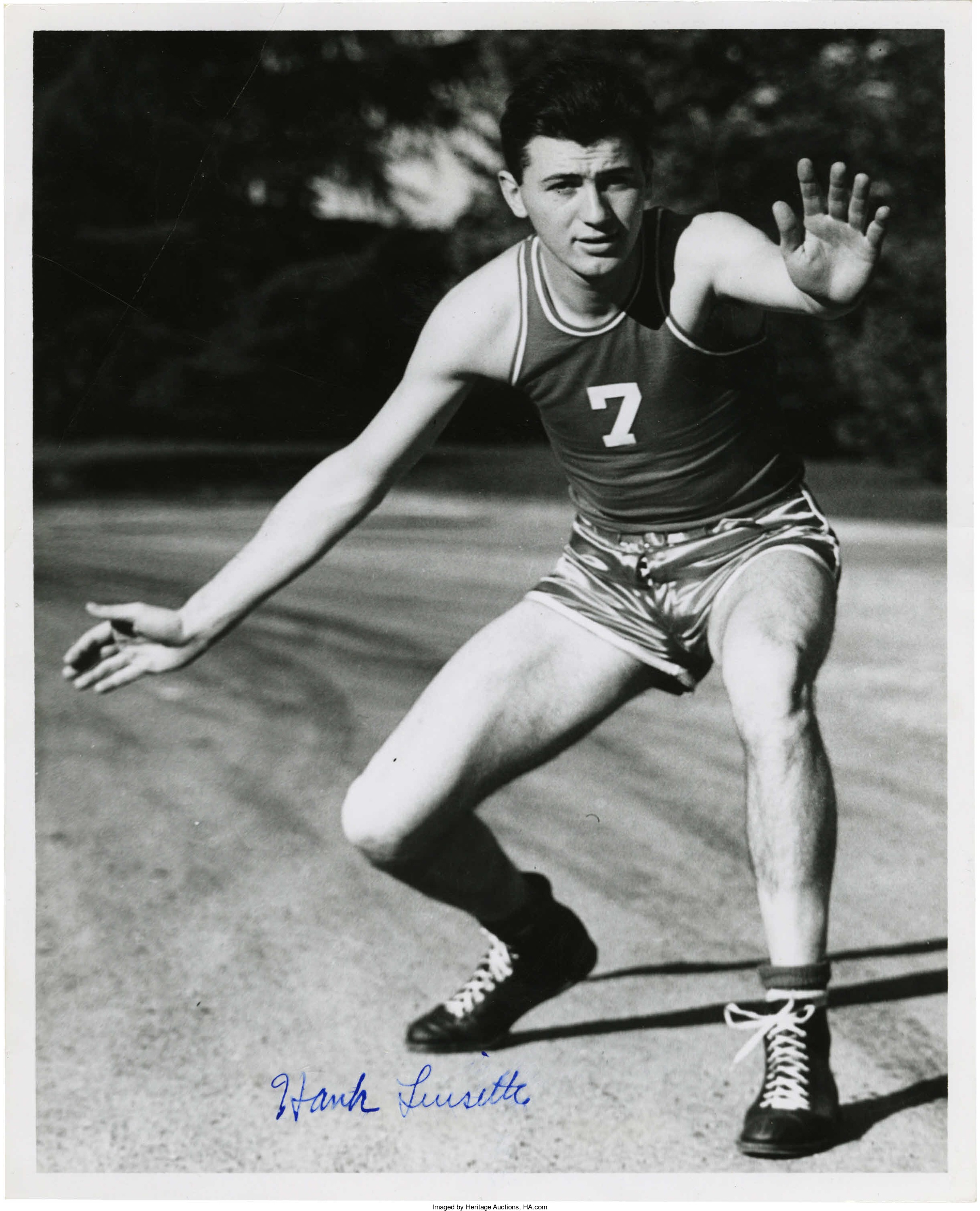
By Jim O’Neal
In 2010, the NCAA and CBS entered into a 14-year contract for broadcasting rights of the March Madness basketball tournament. The terms added up to a staggering $10.8 billion. For perspective, consider the initial year of the championship in 1939.
It was held on the elm-shaded campus of Northwestern University, which stretched along the western shore of Lake Michigan in Evanston, Ill. It was there in a cramped Patten Gymnasium, before a raucous crowd of about 5,000, that the national champion would be crowned.
It was a different time when the backboards were painted white and players wore high-top black leather shoes, indistinguishable from those worn by boxers. Players shot free throws underhand and the two-hand set shot was standard. The jump shot was practically unheard of, although Hank Luisetti had introduced the “running one hander” at Stanford in 1936.
The first tournament consisted of only eight teams selected by eight regional districts, then narrowed down to two by single-game elimination playoffs. The two teams that survived were Oregon and Ohio State. Both had breezed through the eliminations, but Oregon simply overwhelmed OS 46-33.
One “highlight” was when Oregon guard Bobby Anet dived for a loose ball, crashed into a table and broke the championship trophy.
The tournament ended with a net loss of $2,531.
Undaunted, the tournament continued and today ranks as one of sports’ big events that include the World Series, Super Bowl, Kentucky Derby and Masters Golf Tournament at Augusta Country Club.
Things change and television advertising is a major factor. Get ready for another weekend of basketball mania.
 Intelligent Collector blogger JIM O’NEAL is an avid collector and history buff. He is President and CEO of Frito-Lay International [retired] and earlier served as Chairman and CEO of PepsiCo Restaurants International [KFC Pizza Hut and Taco Bell].
Intelligent Collector blogger JIM O’NEAL is an avid collector and history buff. He is President and CEO of Frito-Lay International [retired] and earlier served as Chairman and CEO of PepsiCo Restaurants International [KFC Pizza Hut and Taco Bell].
